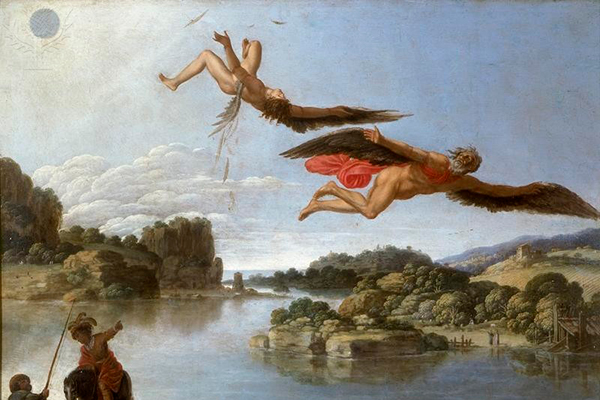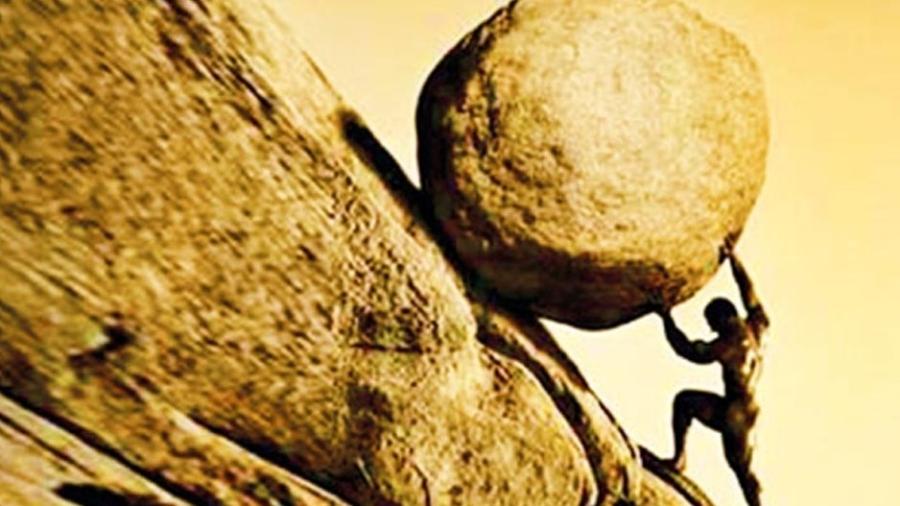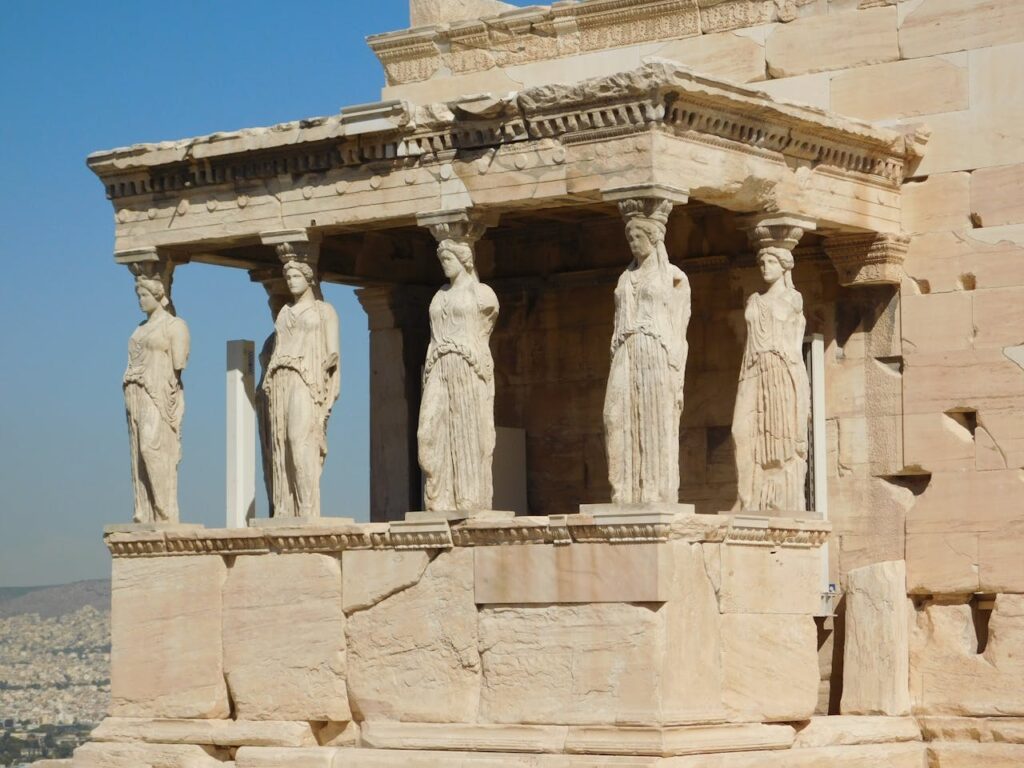Mythology, the collective stories and beliefs of different cultures, has been a fundamental part of human history. From the powerful deities of ancient Greece to the intricate legends of the Norse gods, and the mystical tales of the East, mythologies offer a window into the values, fears, and dreams of civilizations across the globe. In this article, we’ll explore the mythologies of various cultures, drawing comparisons, and understanding their relevance today. We’ll also include citations and a table summarizing key mythologies.
The Importance of Mythology in Human History
Mythologies have served as frameworks through which societies interpret the world around them. They explain natural phenomena, the creation of the universe, and the essence of human nature. Through myths, people have expressed their understanding of the divine, the moral order of the world, and the human experience.
For instance, in ancient Greece, mythology was deeply intertwined with everyday life. The stories of gods and heroes were not just tales but a means to explain the cosmos and teach lessons on morality and human behavior. Similarly, in many Indigenous cultures, myths served as oral traditions that preserved historical events, rituals, and knowledge, ensuring continuity across generations.
Greek Mythology: The Pantheon of Olympus
Overview: Greek mythology is one of the most well-known mythological systems in the world. It centers around the pantheon of gods and goddesses who reside on Mount Olympus, led by Zeus, the king of the gods. The tales from Greek mythology explore themes of love, power, betrayal, and heroism.
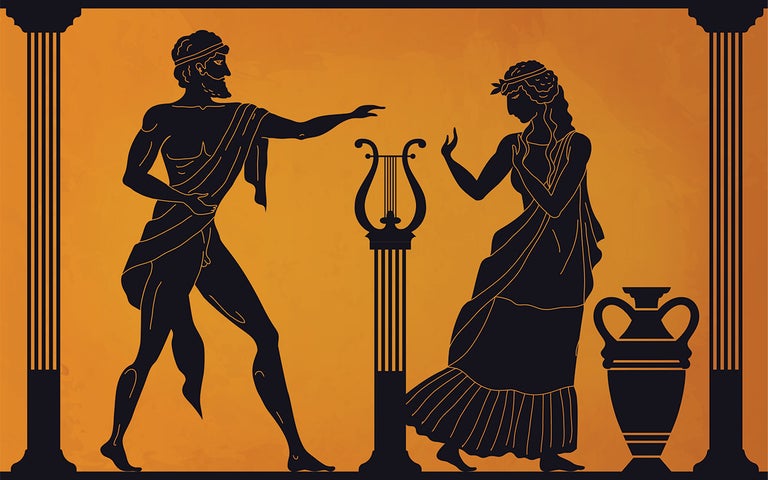
Key Figures:
- Zeus: God of the sky and thunder, ruler of the Olympian gods.
- Hera: Queen of the gods, goddess of marriage and family.
- Athena: Goddess of wisdom and war, patroness of Athens.
- Hades: God of the underworld, ruler of the dead.
Significance: Greek myths are often allegories for human experiences. For example, the story of Persephone’s abduction by Hades and her subsequent return from the underworld symbolizes the changing seasons and the cycle of life and death.
Citation: For further reading on the influence of Greek mythology on Western culture, see Burkert (1985) Greek Religion.
Norse Mythology: The Viking Legends
Overview: Norse mythology originates from the ancient Norsemen of Scandinavia and is rich in tales of gods, giants, and heroes. Central to Norse mythology is the idea of fate, with the gods themselves subject to the inevitable events of Ragnarok, the end of the world.
Key Figures:
- Odin: The All-Father, god of wisdom, poetry, and war.
- Thor: God of thunder, protector of humanity.
- Loki: The trickster god, associated with chaos and change.
- Freya: Goddess of love, beauty, and fertility.
Significance: Norse mythology emphasizes the themes of heroism and sacrifice. The Norse belief in fate, as embodied by the Norns, reflects the cultural importance of destiny and the idea that even the gods cannot escape their fate.
Citation: For a comprehensive study of Norse mythology, refer to Davidson (1990) Gods and Myths of Northern Europe.
Egyptian Mythology: The Gods of the Nile
Overview: Egyptian mythology is closely tied to the Nile River and the cycles of life and death. The gods of Egypt are often depicted with animal characteristics, reflecting their connection to nature.
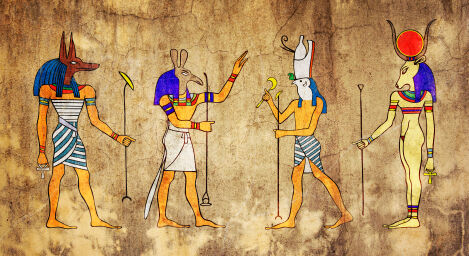
Key Figures:
- Ra: The sun god, creator of the world.
- Osiris: God of the dead and resurrection, ruler of the afterlife.
- Isis: Goddess of magic, motherhood, and fertility.
- Anubis: God of mummification and the afterlife.
Significance: Egyptian myths emphasize the journey of the soul after death. The story of Osiris, who is killed and resurrected, symbolizes the eternal cycle of life and death. The belief in the afterlife was central to Egyptian religion, as evidenced by the elaborate burial practices and tombs, such as the pyramids.
Citation: Hart (2005) The Routledge Dictionary of Egyptian Gods and Goddesses provides an in-depth exploration of Egyptian deities and their roles in myth.
Hindu Mythology: The Eternal Dharma
Overview: Hindu mythology is a vast and complex system of stories that originate from ancient India. It includes tales of gods, demons, and humans, with a focus on dharma (righteousness) and karma (the law of cause and effect).
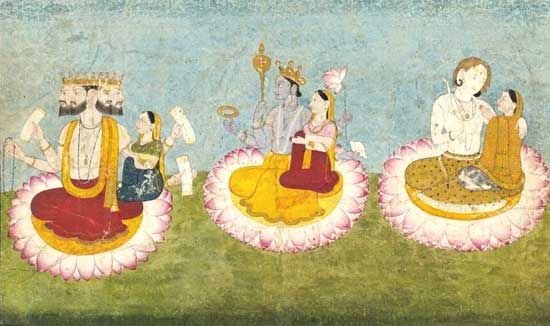
Key Figures:
- Brahma: The creator god, part of the Trimurti (trinity).
- Vishnu: The preserver, who incarnates in various forms (avatars) to restore cosmic order.
- Shiva: The destroyer, representing transformation and change.
- Lakshmi: Goddess of wealth, fortune, and prosperity.
Significance: Hindu mythology teaches the principles of karma and dharma. The epics Mahabharata and Ramayana are central to Hindu culture, illustrating the moral dilemmas and spiritual paths of their heroes.
Citation: For more on Hindu mythology, see Doniger (2009) The Hindus: An Alternative History.
Indigenous Mythologies: The Voices of the Earth
Overview: Indigenous mythologies are as diverse as the cultures they represent. These stories are often deeply connected to the land and natural elements, serving as a guide for living in harmony with the environment.
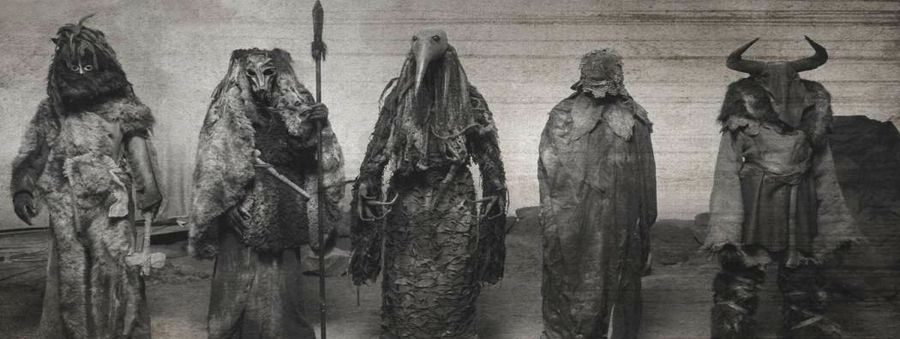
Key Concepts:
- The Great Spirit: In many Native American cultures, the Great Spirit is the supreme being who created the world.
- Dreamtime: In Aboriginal Australian mythology, Dreamtime refers to the time of creation when ancestral beings shaped the land and its inhabitants.
- The Trickster: A common figure in Indigenous myths, the Trickster represents chaos and change, challenging the status quo.
Significance: Indigenous myths often convey lessons about respect for nature, community, and the interconnectedness of all life. These stories have been passed down orally for generations, preserving the cultural heritage of Indigenous peoples.
Citation: For a detailed study of Indigenous myths, consult Leeming (1990) The World of Myth.
Comparative Mythology: Drawing Parallels
Table 1: Comparative Overview of Major World Mythologies
| Culture | Key Figures | Central Themes | Significance |
|---|---|---|---|
| Greek | Zeus, Athena, Hades | Power, heroism, morality | Explains human nature and cosmic order |
| Norse | Odin, Thor, Loki | Fate, heroism, sacrifice | Highlights inevitability of fate and the cycle of destruction |
| Egyptian | Ra, Osiris, Anubis | Life, death, rebirth | Emphasizes afterlife and resurrection |
| Hindu | Vishnu, Shiva, Lakshmi | Dharma, karma, cosmic order | Guides moral and spiritual conduct |
| Indigenous | The Great Spirit, Trickster | Nature, community, interconnectedness | Teaches respect for nature and the balance of life |
The Enduring Power of Myth
Mythology continues to influence modern culture, from literature and film to everyday beliefs and practices. These ancient stories, though rooted in specific times and places, speak to universal human experiences. They remind us of our quest for meaning, our struggles with morality, and our need to understand the world around us.
In a world that is constantly changing, mythology offers a sense of continuity and connection to the past. By studying these stories, we can gain a deeper understanding of the cultures that created them and the timeless truths they convey.
References
- Burkert, W. (1985). Greek Religion. Harvard University Press.
- Davidson, H. R. E. (1990). Gods and Myths of Northern Europe. Penguin Books.
- Hart, G. (2005). The Routledge Dictionary of Egyptian Gods and Goddesses. Routledge.
- Doniger, W. (2009). The Hindus: An Alternative History. Penguin Books.
- Leeming, D. A. (1990). The World of Myth. Oxford University Press.
This article provided a broad overview of mythologies from various cultures, illustrating their significance and enduring influence on modern society. From the gods of Olympus to the spirits of Indigenous lands, these stories continue to captivate and inspire.

